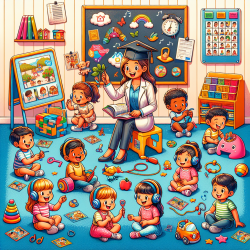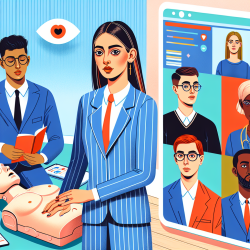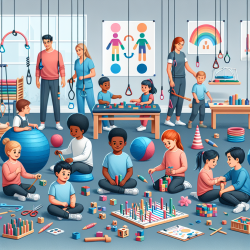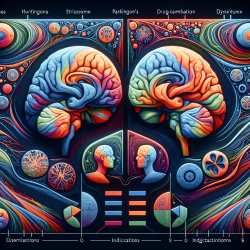The Unseen Academic Consequences of School Closures in Canada
The COVID-19 pandemic has brought unprecedented challenges to the education sector, with school closures being a significant aspect of the response. While these closures were necessary for public health, they have inadvertently impacted students' learning experiences. Recent research, including a study titled What is the effect of school closures on learning in Canada? A hypothesis informed by international data, highlights the potential academic consequences of these closures.
International Insights on Learning Loss
Studies from the Netherlands, Belgium, and the United States provide a glimpse into the learning loss experienced during school closures. In the Netherlands, a study by Engzell et al. (2021) found an overall learning loss of 0.08 standard deviations, equivalent to about a quarter of a year's learning. Similarly, Belgium's longitudinal study revealed a GPA loss of 0.25 standard deviations in 2020, with disadvantaged neighborhoods experiencing more significant losses.
In the United States, projections by Kuhfeld et al. (2020a) suggested learning losses of 32-37% for reading and 50-63% for mathematics. These findings underscore the need for Canada to address potential learning gaps exacerbated by the pandemic.
Implications for Canadian Education
While Canada lacks comprehensive data on the impact of school closures, the international studies provide valuable insights. The hypothesis is that Canadian students, particularly those from vulnerable backgrounds, may face significant academic setbacks. This is especially concerning given that Canada already had notable gaps between high and low-performing students before the pandemic.
Haeck and Lefebvre (2020) anticipate a 30% increase in the performance gap due to pandemic-induced school shutdowns. The potential long-term economic impact is also alarming, with Hanushek and Woessmann (2020) estimating a loss of $1272 billion USD in GDP over 80 years due to learning losses.
Strategies for Mitigating Learning Loss
To address these challenges, several strategies can be implemented:
- Tutoring Programs: Governments can subsidize the hiring of tutors with expertise in specific subject areas. Research by Nickow et al. (2020) shows that tutoring by professional educators during school hours yields better results than peer or volunteer tutoring.
- Summer Camps with Educational Components: Integrating academic catch-up material into summer camps can help consolidate learning and prepare students for the upcoming school year.
- Inter-Teacher Coordination: Facilitating communication between teachers of consecutive grades can help identify learning gaps and prioritize content for the new academic year.
Conclusion
While the pandemic has posed significant challenges, it also presents an opportunity to innovate and improve educational outcomes. By leveraging data-driven strategies and international insights, educators can help mitigate the impact of school closures on Canadian students. As we navigate this new educational landscape, online therapy services like those offered by TinyEYE can play a crucial role in supporting students' academic and emotional well-being.
To read the original research paper, please follow this link: What is the effect of school closures on learning in Canada? A hypothesis informed by international data.










